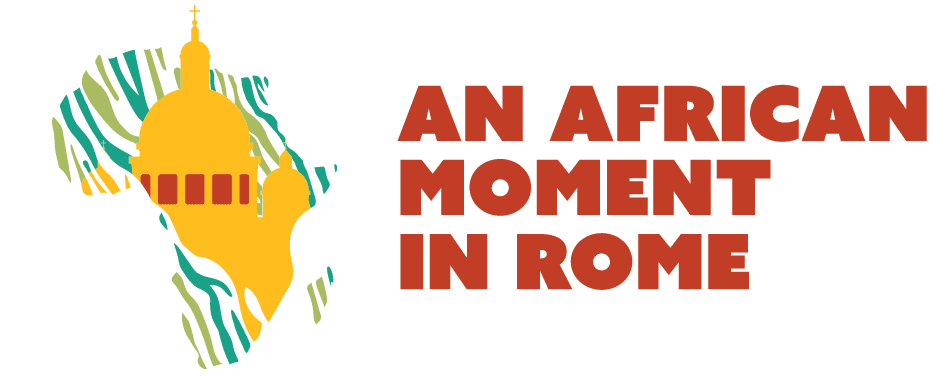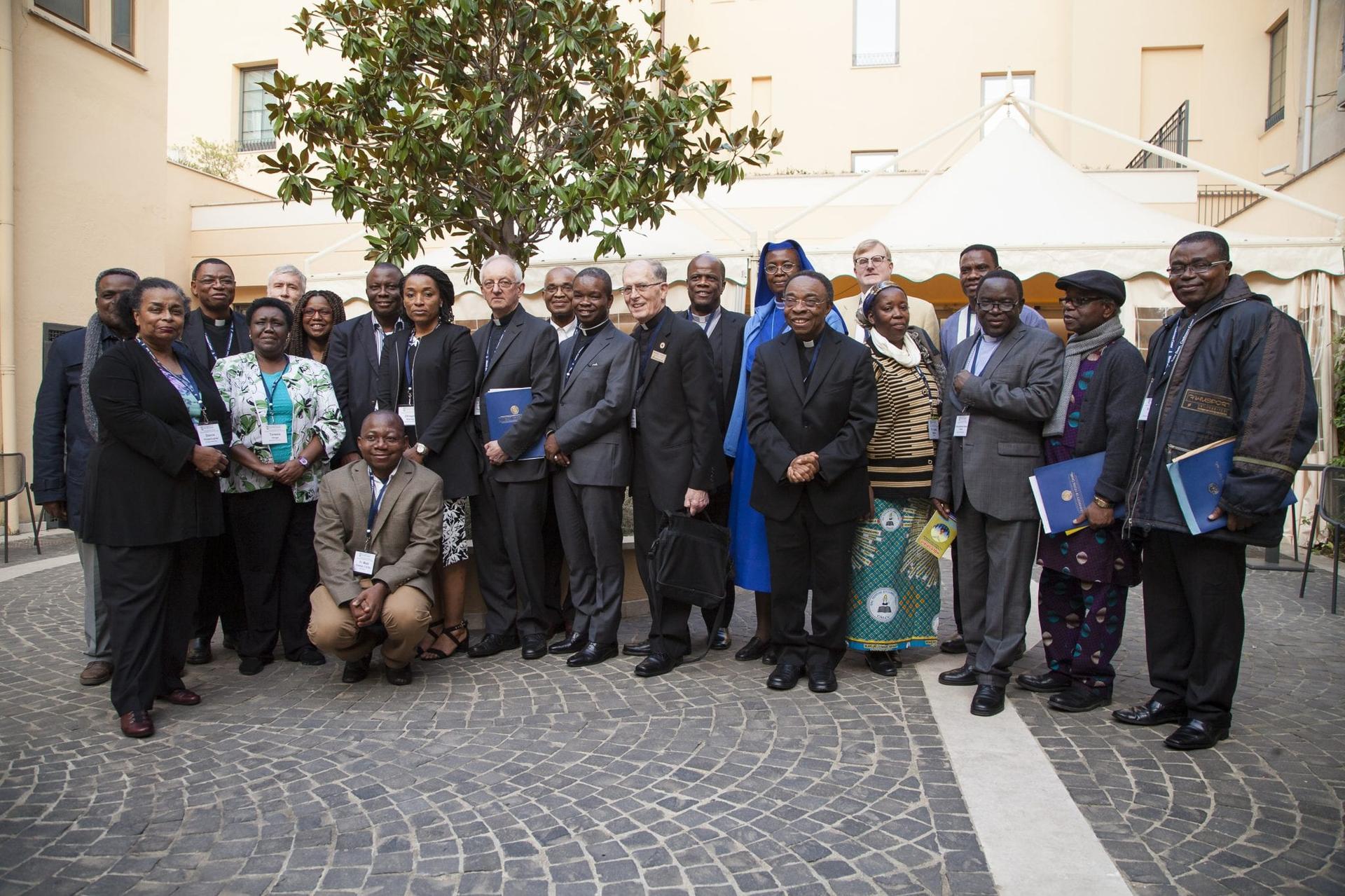 ROME — For years, alarms mostly coming from Western nations regarding the population growth in Africa have sparked debate among scholars, politicians, and international organizations. Yet the efforts to control the population through birth control raise concerns of a “new colonization” by western ideologies.
ROME — For years, alarms mostly coming from Western nations regarding the population growth in Africa have sparked debate among scholars, politicians, and international organizations. Yet the efforts to control the population through birth control raise concerns of a “new colonization” by western ideologies.
The African theology summit taking place in Rome this week, that Crux has been covering extensively, has addressed the issue, with notable Catholic representatives taking a strong stand against what the Beninese Archbishop Berthelemy Adoukonou calls “the anthropological crisis of the Western world.”
During his presentation at the summit, Adoukonou, who is the secretary of the Pontifical Council for Culture, warned against the effort by global governances to impose an ideology born from the “death of God” trifecta, that is philosopher Karl Marx, psychoanalyst Sigmund Freud and the German eclectic scholar Friedrich Nietzsche.
“The imposition of a certain type of laicism constitutes a new colonization imposed by the international community,” the archbishop warned. “A careful consideration shows that Africans are in a position where they are veritably the victims of an anthropological crisis.”
According to the economist Sir Partha Dasgupta of Cambridge University, the population in Africa will increase from roughly 1 billion to 4 billion by 2100.
Dasgupta, a birth control activist, was among the speakers invited to the Vatican meeting on Biological Extinction, sponsored by the Pontifical Academy of Sciences and the Pontifical Academy of Social Sciences earlier this month.
Yet while the population growth in Africa spreads a wide range of concerns, ranging from environmental protection to migration, the Catholic Church has taken a view to the issue that focuses on a healthy relationship between human beings and their environment.
“Demographic growth is fully compatible with an integral and shared development,” Pope Francis wrote in his encyclical Laudato Si (The Care for Our Common Home). Nor did that represent the first occasion in which the Vatican weighed in strongly on the debate.
During the first African Synod held in Rome in 1994, Irish Archbishop Diarmuid Martin, warned that the efforts made by the United Nations to control the population imposed the views “of some northern European countries and the United States, based on an exaggerated individualism.”
Recalling those remarks, Adoukonou stressed that “the great experts advising the United Nations today” try to garner consensus by “using the elegant language of costs and return, precisely to exercise a control of the population and claim to assume control of the population of the world.”
Adoukonou’s main concern is that Africans themselves have been led into this dangerous type of ideology that aims “to destroy the African family.
“It is all a strategy and to get the very same Africans to contribute to their own destruction by going against their fundamental values,” Adoukonou told Crux in an interview.
Congolese Cardinal Laurent Monsengwo of the Archdiocese of Kinshasa has no doubt that Western governments and NGOs have been trying to force African governments to exercise population control.
“They do everything they can to arrive at [legalized] abortion, condoms, and so on,” Monsengwo told Crux. “We can’t accept that.
“They bring 14-year-old kids [in our countries] condoms and encourage them to use them, even organizing courses before school to show them how. They do that instead of giving them other alternatives. That goes against the culture of the people,” he said.
When asked if these effort constituted an imposition from Western and foreign governments, Monsengwo answered: “Completely.”
For Adoukonou, the words of Pope Emeritus Benedict XVI offer hope. “He gave us a new ‘social pastoral,’ which is showing us how the Church must be within society, serving the people and promoting hope. This seems to me to be very important.”
In Benedict’s 2011 Post-Synodal Apostolic Exhortation ‘Africae munus’ he described Africa as the “lung of humanity” and promoted the role of the Church as a vessel for dialogue among the different levels of society.
“This means that there is something precious” in Africa Adoukonou said. “A view of man and his relationship with God, that represents a hope for the world.”















